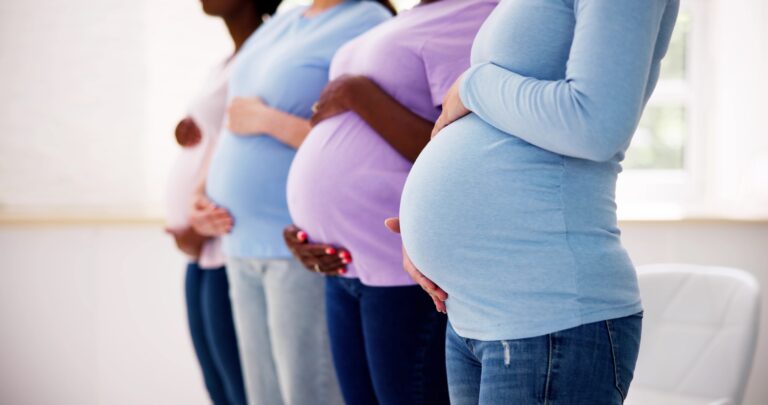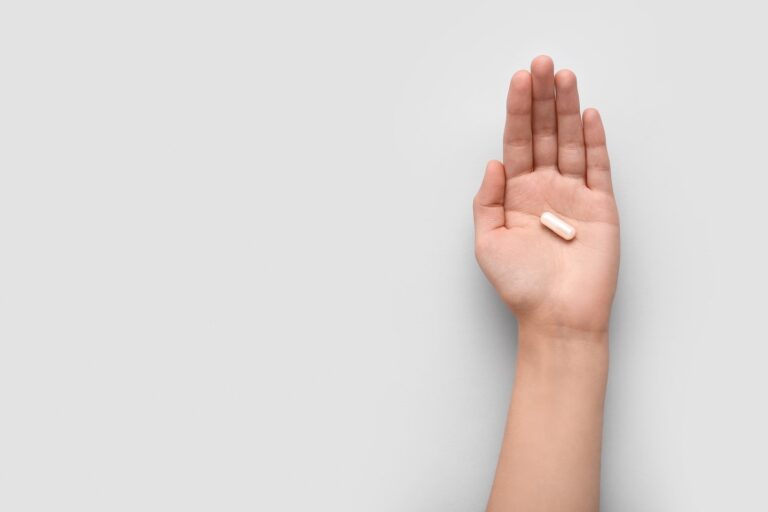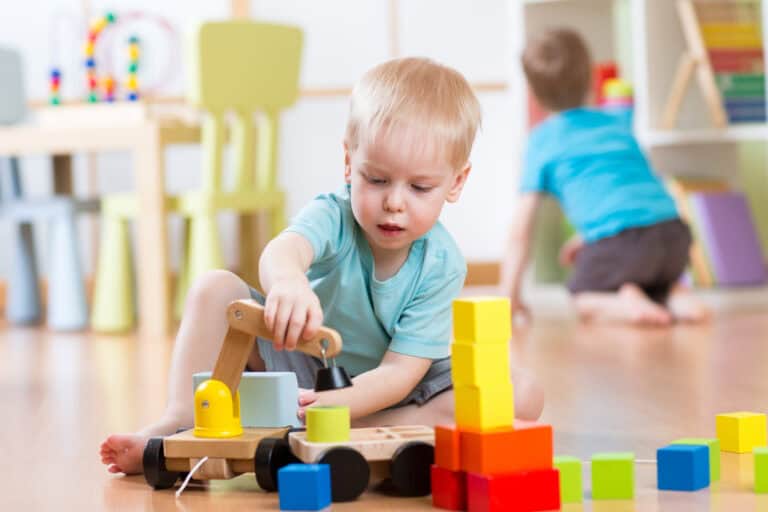The benefits of gardening for those with brain injury
Having access to gardens and parks is important to people, especially to those who live in cities and urban areas where there is limited access to natural environments. Numerous studies show that access to green spaces generally reduces all sorts of reported health problems. More specifically gardens and gardening are linked to a number of health benefits, including improvements in mental health, such as reducing depression and anxiety.
I started to write this blog because I love gardening and I feel the positive benefits of spending a lot of my spare time outdoors, seeking out green spaces while living in central London. As a brain injury lawyer I see many clients suffer with illnesses such as depression in addition to the other challenges they face having a brain injury. Research by Headway found that approximately 50% of people who sustain a brain injury will suffer with depression within the first year after their injury and of course it can continue into the future as they have to adjust to a different way of life.
So, what is it exactly about gardening that contributes to wellbeing and how can that can help people with brain injuries?
The idea of using gardening as a therapy is not new. The charity Thrive, for example, has been using social therapeutic horticulture to help people since 1979. They have gardens in London, Reading and Birmingham that offer people the chance to get involved in gardening. Headway groups across the UK also have gardening projects.
I am proud to be volunteering with a new gardening group run by the brain injury charity Silverlinings, where we will be helping maintain a garden in East London.
Gardening offers a number of benefits to all including physical exercise, social interaction and the chance to learn new skills.
Physical exercise that can be as much or as little as you like, from gentle planting to pushing a mower around a lawn. There is something for all levels of ability. And exercise is proven to lower levels of depression.
Headway research shows that more than 70% of people who have sustained a brain injury experience a degree of social isolation. This can be for many reasons including changes in personality or behaviour that can negatively affect relationships. Other issues such as fatigue can stop people with brain injuries going out as much. Depression can make it hard to socialise or to address the issue and being socially isolated can also contribute to depression. Finding an activity group, such as a gardening group, can help alleviate some of these issues.
Having set tasks to work on and achieving goals as you complete them can contribute to self-esteem. As does learning new skills after possibly losing previous skills due to injury. There is also such a good feeling from seeing new life grow where you have planted it, to be able to literally see the fruits of your labour… and then eat it!
Gardening is by no means the cure all for depression or other issues faced by brain injury survivors, but it can certainly help.
Unfortunately due to the measures in place to combat the Covid-19 outbreak, the Silverlining gardening project, and many like it, are on hold until it is safe to socialise again.
The benefits of gardening seem even more relevant now we have to severely restrict our movements outside of our homes. For those lucky enough to have a garden or outside space then it may well be providing some solace at this time. Even for those who don’t have a garden, cultivating a window box or some indoor pots can make a small difference to your day. And Spring happens to be a good time to sow seeds indoors such as sweet peppers, tomatoes, cucumbers and salad leaves.
If you would like to support the Silverlinings Brain Injury Charity to provide online projects to replace the gardening project during this time of social isolation, please take a look at their fundraising page.










